Tl;dr
Embrace our journey at the Deutsches Museum where OpenUC2 lit up the world of technology. With our innovative exhibits in the Science Communication Lab, we unravelled the secrets of microscopy, stimulating curiosity among both seasoned experts and eager students. Echoing the museum’s commitment to continual evolution, our hands-on workshop proved a hit, highlighting the magic of interactive learning. This was more than an exhibition – it was the fusion of past, present, and future.
From Memories to SCL
When I was a kid, I steered clear of museums, preferring to dive into the world and make my own discoveries. Looking back, I think I missed out on a bit, because for Benedict, stepping into the Deutsches Museum for the first time was nothing short of a revelation. It hit him that engineering could change the world, and from that moment on, he became a dedicated tinkerer. Fast forward a couple of decades – which, mind you, is like one-sixth of the museum’s entire history – here we are, amidst the renovation of this iconic museum to make full use of all exhibition spaces [1].
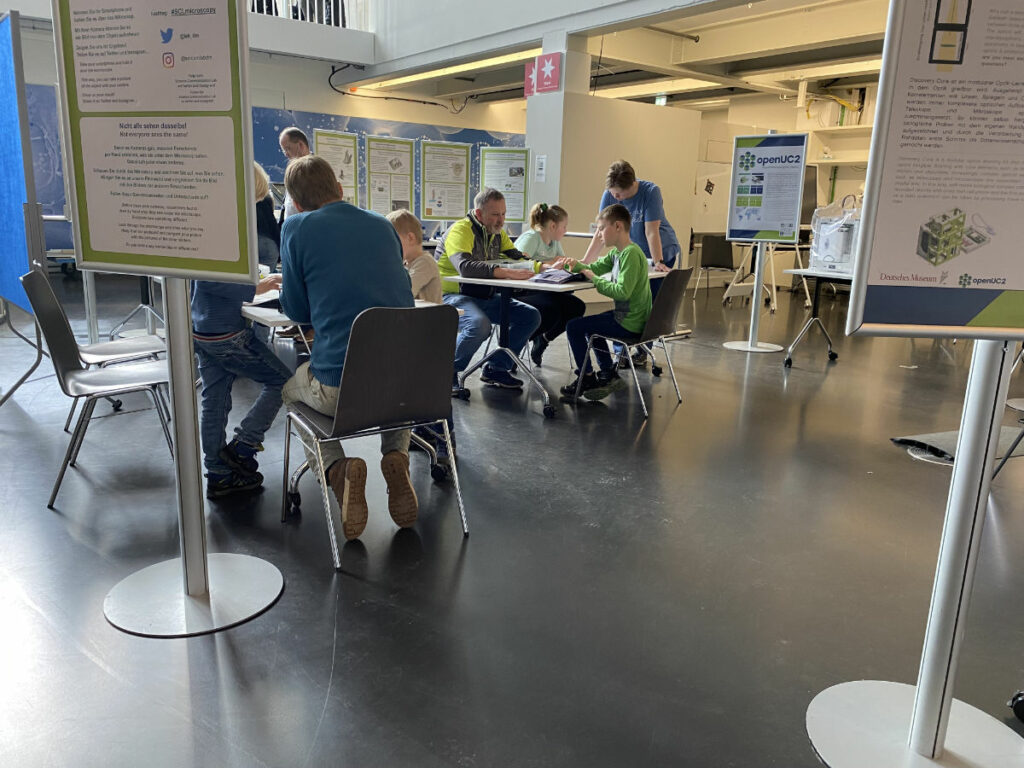
You see, the Deutsches Museum isn’t just any museum. As one of the world’s premier technology museums, it doesn’t just bank on the overwhelming number of exhibits, but continuously evolves and introduces new exciting formats. One such fascinating initiative is the Science Communication Lab (SCL), where scientific projects, especially from Munich, get a chance to interact with museum visitors. Imagine the thrill of two different worlds converging, each learning from the other’s technological feats. What makes it even more special is that we, the first “remote” guests, got not just a chance to exhibit, but an explicit invite from the SCL [2]! Our journey was made smoother with the guiding hands of Paul Hix, Moritz Schmid, and Laura Verbeek, and the incredible on-site support from our pals, Fritz and Foram.
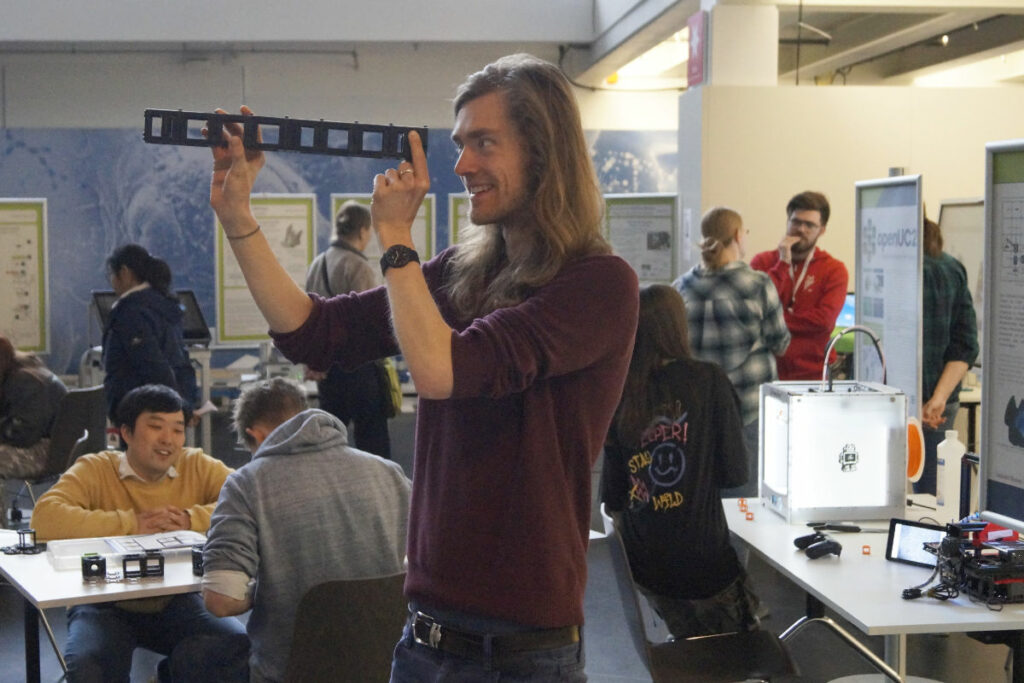
Hands-on!
To handle the peak crowd, we set up about 20 “Discovery Core” boxes, each capable of engaging two guests. Posters served as breadcrumbs, guiding the curious and slightly uncertain guests to our experimental station. Once they got the hang of our system, we upped the ante. We showed them how it could be further developed, unveiling three exciting experimental applications: an open bright-field transmitted-light microscope with 3 motorized axes, a light-sheet microscope, and a Michelson interferometer with controls. These showcases stirred the imagination of even the seasoned guests and developers from the in-house optics department, setting off their own tinkering dreams.
We also had school groups dropping by, even though we didn’t offer bookable workshops through the Deutsches Museum’s booking system. One impromptu workshop with two senior-level groups from the Association for the Promotion of STEM Teaching (MNU) was a total blast [3]! It was proof that our approach could bring a spark of excitement amidst the usual learning hustle. The best part? After three days packed with training and exploration, the students were so engrossed in two hours of intense tinkering, they were surprised when it was time to move on to the next station.
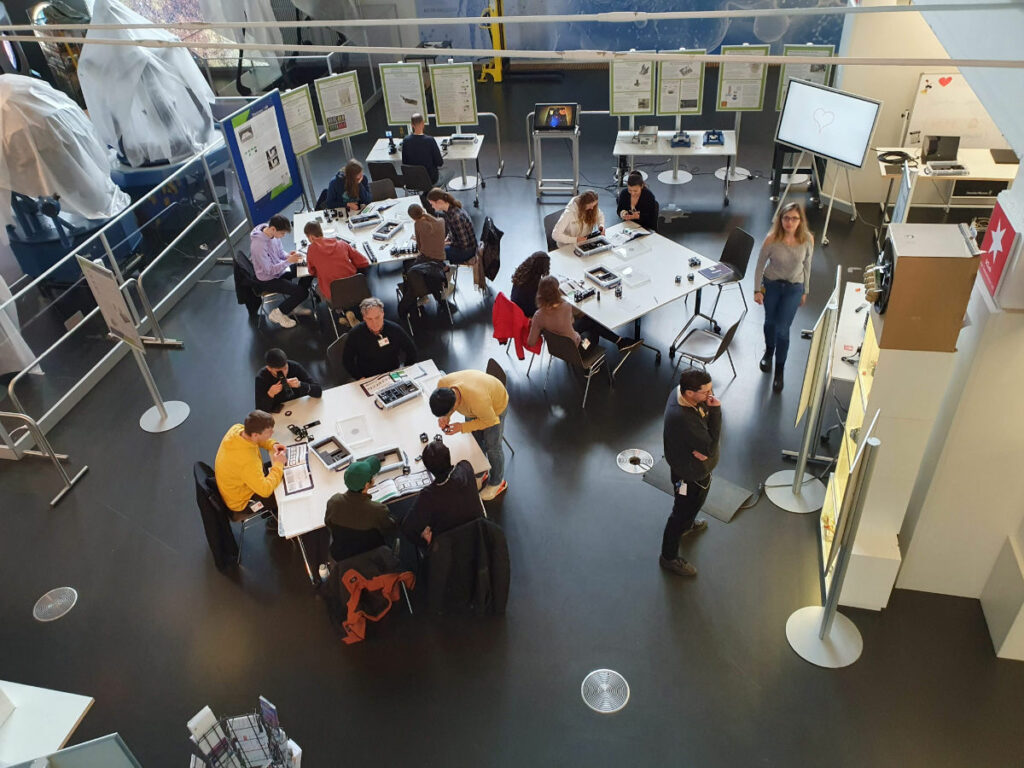
After a month-long exhibition [4], from March 30, 2023, to April 27, 2023, we’re beyond thrilled: openUC2 and the Deutsches Museum, it’s a match made in heaven! We can’t wait to see what Laura, Paul, and Moritz will cook up next with the boxes we loaned on-site. The format we tested was a massive hit with the audience, and the positive feedback from various departments only strengthens our belief that a constantly running openUC2 workshop could be a game-changer for the optics department of the Deutsches Museum. Imagine classes touring the museum, taking a playful breather at a workshop, and in the process, getting a grip on the basics of optics. Sounds like a fun day, right?
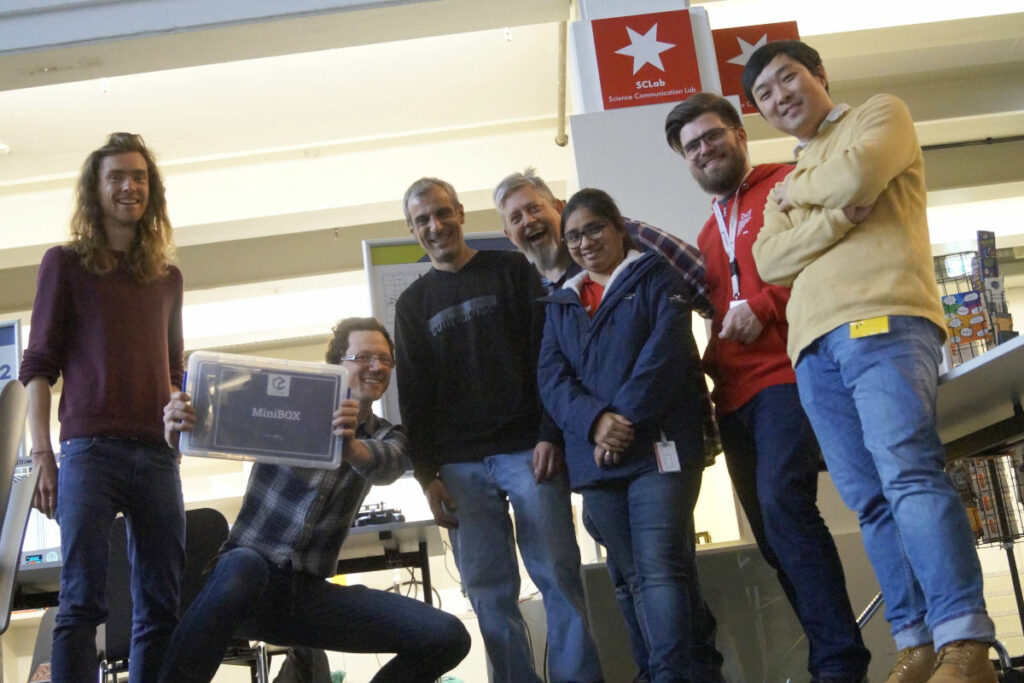
Thank you, Deutsches Museum, for an unforgettable ride!
[1] https://www.deutsches-museum.de/museumsinsel/ausstellung/museumsgeschichte
[2] https://www.deutsches-museum.de/museumsinsel/programm/programm-a-z/science-communication-lab
[4] https://www.deutsches-museum.de/museumsinsel/programm/veranstaltung/kleinste-welten

